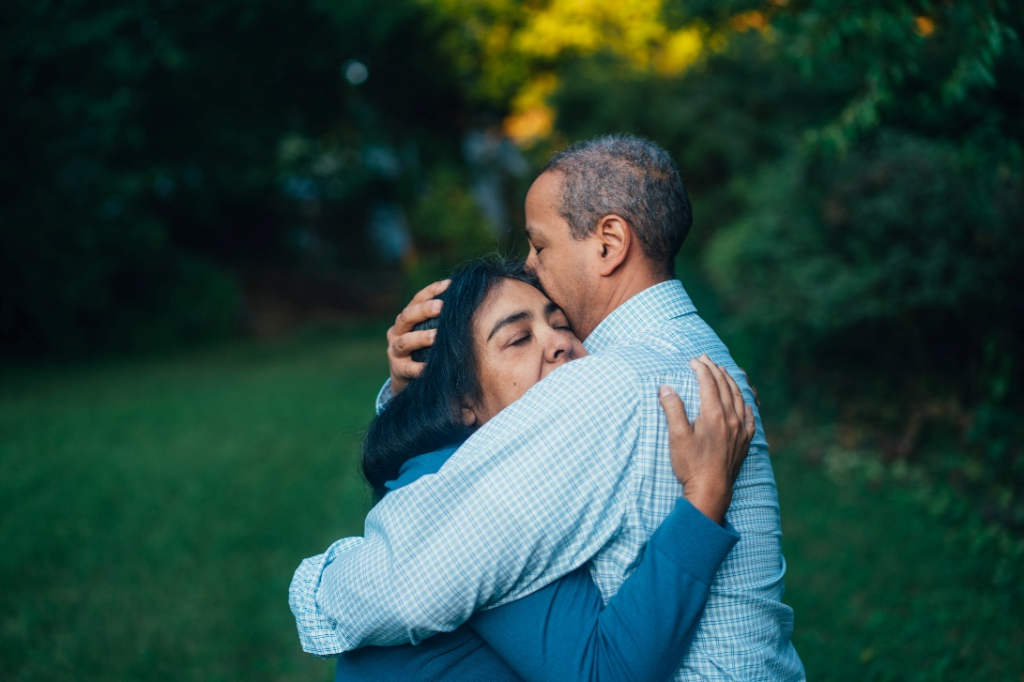
3 Things You Can Do To Someone Dealing With PTSD
You are impacted if a spouse, acquaintance, or loved one has PTSD. Living with PTSD is difficult and can hurt personal and family connections. There might be times when your loved one acts distant, hostile, or moody. It might feel like you’re living with a stranger.
There are several difficulties associated with post-traumatic stress disorder (PTSD). Every individual who has it faces these challenges differently. Dealing with symptoms can become hard, but providing a supportive network can be helpful.
PTSD books show that if you’ve researched how to help someone deal with PTSD, it demonstrates your commitment and willingness to help, despite any possible discomfort or uncertainty. According to studies, wholesome interactions can build a solid foundation for recovery. If you offer immense social support, people experience less severe PTSD symptoms.

Lend A Listening Ear
You shouldn’t force someone with PTSD to speak if they don’t want to. But when they do want to talk, listen to them without making assumptions or passing judgment. Be sure to express your concern and curiosity, but don’t stress about offering solutions. Your loved one will benefit more from your effort of listening intently than from anything you mention.
Individuals with PTSD might need to discuss the distressing incident repeatedly. Resist the urge to ask your significant other to stop reflecting on the past. This is a necessary step in the recovery process. Rather, offer to speak with them as often as necessary.
Don’t thoughtlessly assure your loved one that everything will be fine. Don’t stop them from discussing their emotions or anxieties. Avoid giving them struct guidelines to follow or instruct them on things they should do.
Establish Security And Trust
Trauma affects a person’s perception of reality, making it appear unendingly scary and threatening. Additionally, it undermines people’s capacity for trusting themselves and others. A way to aid your loved one’s rehabilitation is restoring their sense of safety.
Several true stories on mental health have shown that declaring your devotion and loyalty to them. Let them know you’re in it for the long run to make them feel cherished and loved. Establish routines as it’ll help them feel comfortable and safe. You could follow regimes and consistent schedules like doing house chores or grocery shopping.
Help Them Manage Their Irritability And Anger
PTSD can make it difficult to control one’s feelings and impulses. This could present itself as fits of anger, mood swings, and agitation. Books on mental health describe that people with PTSD are always under mental and physical strain.
As they typically have problems falling asleep, they are frequently worn out, tired, or emotionally on edge. Try to keep your cool. Do your best to maintain composure while experiencing an emotional meltdown. Give them some space. If they feel hounded by your closeness, they’ll take that as a threat.
If you want to learn more about living life with PTSD, give “A Notebook Of Love” a read. Luis Trivino talks about the several mental health problems he developed and dealt with during his time in the U.S. Army and his fight with alcoholism. Grab a copy of the book today!
